Originally Posted 21 August, 2025 – Behind the brand: A thematic deep dive into the world of luxury good supply chains
With the ‘Made in Italy’ label under scrutiny, luxury brands are enhancing efforts on supply chain due diligence and transparency, writes Charlotte Nisbet, Responsible Investment & Governance Analyst.
Key takeaways:
- The luxury goods industry, which is often synonymous with high quality crafted goods and strong supply chain practices, was recently brought into the sustainability spotlight with poor working conditions exposed.
- Supply chain risk management is at the top of corporate sustainability agendas given the potential reputational and financial risks to individual brands.
- Engaging with companies enables investors to understand how supply chain risks are managed as part of overall brand reputation.
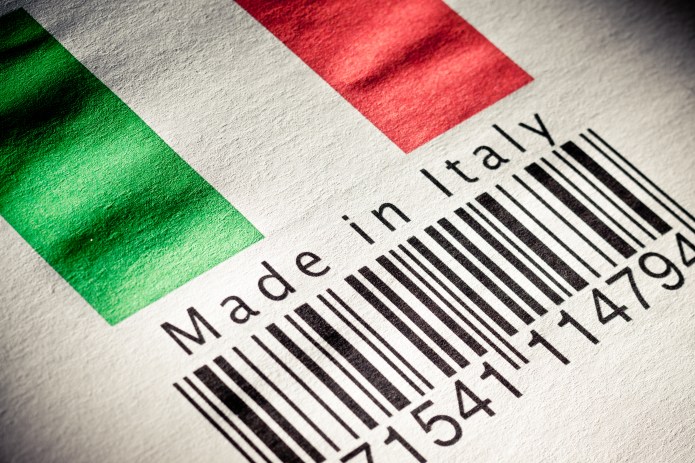
‘Made in Italy’, but by whom?
In the fashion industry, luxury and ‘Made in Italy’ are rarely phrases that come to mind when we hear of poor working conditions and supply chain practices. Yet, more recently the luxury goods industry has faced its own reputational crisis. The Italian competition watchdog launched investigations in 2023 into several luxury goods companies over allegations of labour law violations by subcontractors. Even more recently, Loro Piana has been highlighted as the latest brand to be embroiled in such investigations, and the fifth fashion house to be placed under court administration since 2023. The findings from investigations into some of the brands exposed that some luxury houses had suppliers who subcontracted production in the Milan area, where undocumented workers were experiencing exploitative conditions. This has brought the luxury industry under scrutiny, showing that supply chain and human rights issues are not isolated to ‘fast fashion’ .
The ‘Made in Italy’ label often represents a combination of high quality and skilled craftmanship. When claims of ethical production and material use are undermined by opaque supply chains and inconsistent practices, companies face the risk of consumers quickly losing faith in their brand of choice. Given these key risks, we took the opportunity to engage with the luxury goods companies we are invested in, as well as their peers, to review their supply chain controls, disclosure practices and identify ‘best in class’ actors.
Company engagement
Discussions around supply chains with investors are nothing new to luxury goods companies but in recent years European legislation, such as EU Deforestation Regulation and Corporate Sustainability Due Diligence Directive, have pushed listed companies toward more responsible corporate behaviour, and transparent and accountable disclosure. Given the industry’s focus on exclusivity, and the historical lack of transparency in its supply chains, this has posed a new challenge for companies. We spoke with six European luxury goods companies, some single brand entities and others larger groups with multiple brands, covering the largest listed players in the European luxury goods market. Two of the companies we spoke with had been highlighted for terminating supplier contracts due to issues found in Italian supply chains.
The most consistent message across all companies was that right now, supply chain due diligence is a high priority for senior executives, particularly following the issues brought to light in Italy. As part of our engagement, all brands communicated to us how important brand reputation, credibility and consumer trust is for the future financial success of their companies. Consequently, most firms also shared a collective push to increase due diligence and auditing on Italian suppliers following the incident in Milan.
The Italian authorities investigating the poor working conditions in the Milan region described the issues as ‘systemic’. Considering that Italy represents 50-55% of the luxury goods supply chain1, these systemic problems could pose significant risks for companies involved. Most companies we engaged with confirmed they have either increased the frequency of their Italian audits, and/or increased the risk level of the region – impacting how Italian suppliers are reviewed and audited. Since the investigation concluded, Dior has agreed to pay €2 million to fund programmes to help identify victims of labour exploitation.2
Another insight obtained in our engagements was the difference between single-brand luxury goods companies and those larger luxury conglomerates with multiple ‘maisons’, with regards to complexity and visibility of supply chains. The single-brand players typically have more vertically integrated supply chains, with one leading luxury company highlighting that 50% of their production was in-house, and geographically 70% of production is located in France where the company is based. Having a more vertically integrated supply chain can lead to a more comprehensive oversight and better control of supply chain operations. Other examples of innovative methods brands are utilising to mitigate the risk of poor working conditions included using electricity bills at factories to cross reference factory hour logs, whilst another brand has pioneered one of the first worker wellbeing programmes in the industry.
What’s next for the luxury industry and supply chains?
In our engagement discussions, it is evident that companies in the industry are recognising the financial implications of the risks associated with supply chain integrity and it is top of the corporate sustainability agenda right now. Disclosure was typically more transparent at single-brand companies, compared with larger groups where reporting is done at a group level rather than brand level. This is something an area where we continue to strive for greater transparency. Better understanding on sourcing and supply chain management, as well as where responsibility falls within an organisation, is key to investors’ knowledge within the luxury brands sphere. The reputational and financial risks that poor supply chain management may pose is a real consideration for investors, particularly with growing attention from the media and the potential knock-on impact on consumer loyalty.
It has been a challenging year for the luxury goods industry, with a slowdown in Chinese consumption, the imposition of tariffs, poor performance among key brands, and labour rights scandals. However, we feel the spotlight on supply chain issues is an opportunity for the luxury goods industry to regain their reputation by increasing their accountability and transparency with both investors and end consumers. Brand and customer loyalty is everything for the luxury industry and we believe those firms that can maintain their customers’ trust in quality, supply chain ethics, sourcing integrity, and overall brand ethos, are better positioned to capitalise on future growth, and protect and enhance long-term shareholder value.
Disclosure: Janus Henderson
The opinions and views expressed are as of the date published and are subject to change without notice. They are for information purposes only and should not be used or construed as an offer to sell, a solicitation of an offer to buy, or a recommendation to buy, sell or hold any security, investment strategy or market sector. No forecasts can be guaranteed. Opinions and examples are meant as an illustration of broader themes and are not an indication of trading intent. It is not intended to indicate or imply that any illustration/example mentioned is now or was ever held in any portfolio. Janus Henderson Group plc through its subsidiaries may manage investment products with a financial interest in securities mentioned herein and any comments should not be construed as a reflection on the past or future profitability. There is no guarantee that the information supplied is accurate, complete, or timely, nor are there any warranties with regards to the results obtained from its use. Past performance is no guarantee of future results. Investing involves risk, including the possible loss of principal and fluctuation of value.
Disclosure: Interactive Brokers Third Party
Information posted on IBKR Campus that is provided by third-parties does NOT constitute a recommendation that you should contract for the services of that third party. Third-party participants who contribute to IBKR Campus are independent of Interactive Brokers and Interactive Brokers does not make any representations or warranties concerning the services offered, their past or future performance, or the accuracy of the information provided by the third party. Past performance is no guarantee of future results.
This material is from Janus Henderson and is being posted with its permission. The views expressed in this material are solely those of the author and/or Janus Henderson and Interactive Brokers is not endorsing or recommending any investment or trading discussed in the material. This material is not and should not be construed as an offer to buy or sell any security. It should not be construed as research or investment advice or a recommendation to buy, sell or hold any security or commodity. This material does not and is not intended to take into account the particular financial conditions, investment objectives or requirements of individual customers. Before acting on this material, you should consider whether it is suitable for your particular circumstances and, as necessary, seek professional advice.
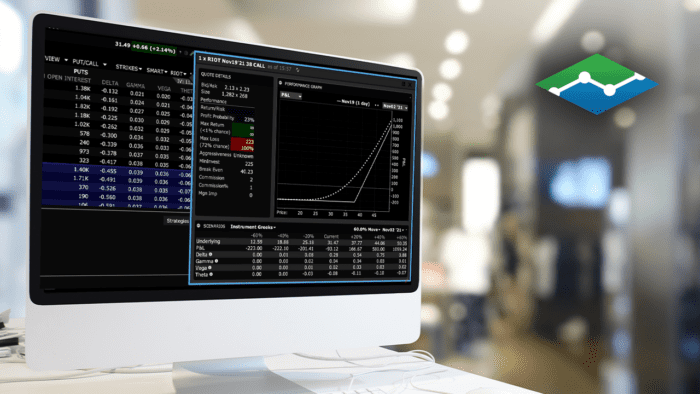







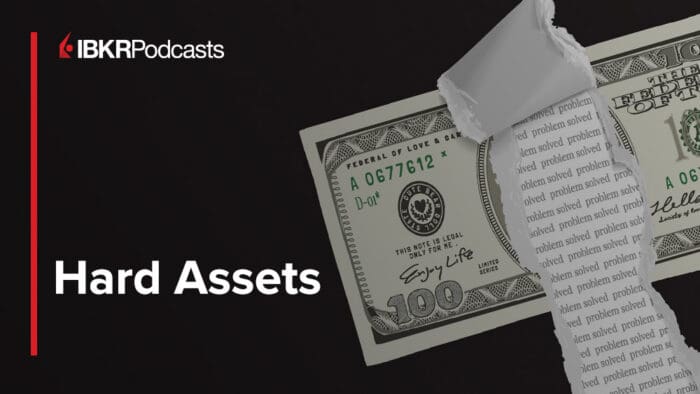
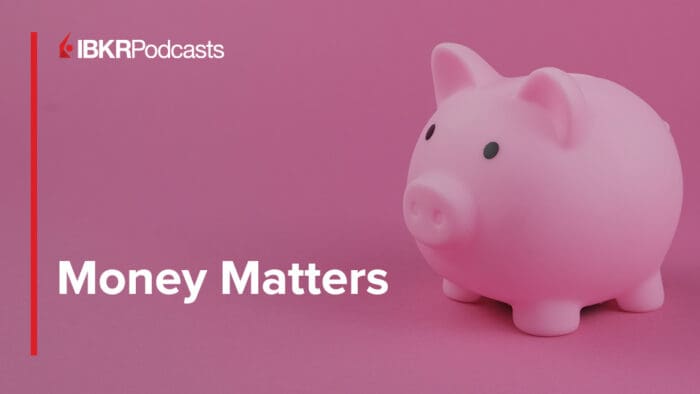


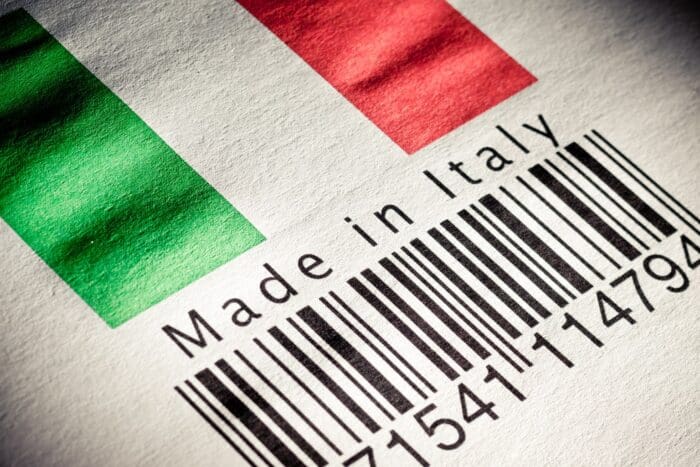







Join The Conversation
If you have a general question, it may already be covered in our FAQs page. go to: IBKR Ireland FAQs or IBKR U.K. FAQs. If you have an account-specific question or concern, please reach out to Client Services: IBKR Ireland or IBKR U.K..
Visit IBKR U.K. Open an IBKR U.K. Account